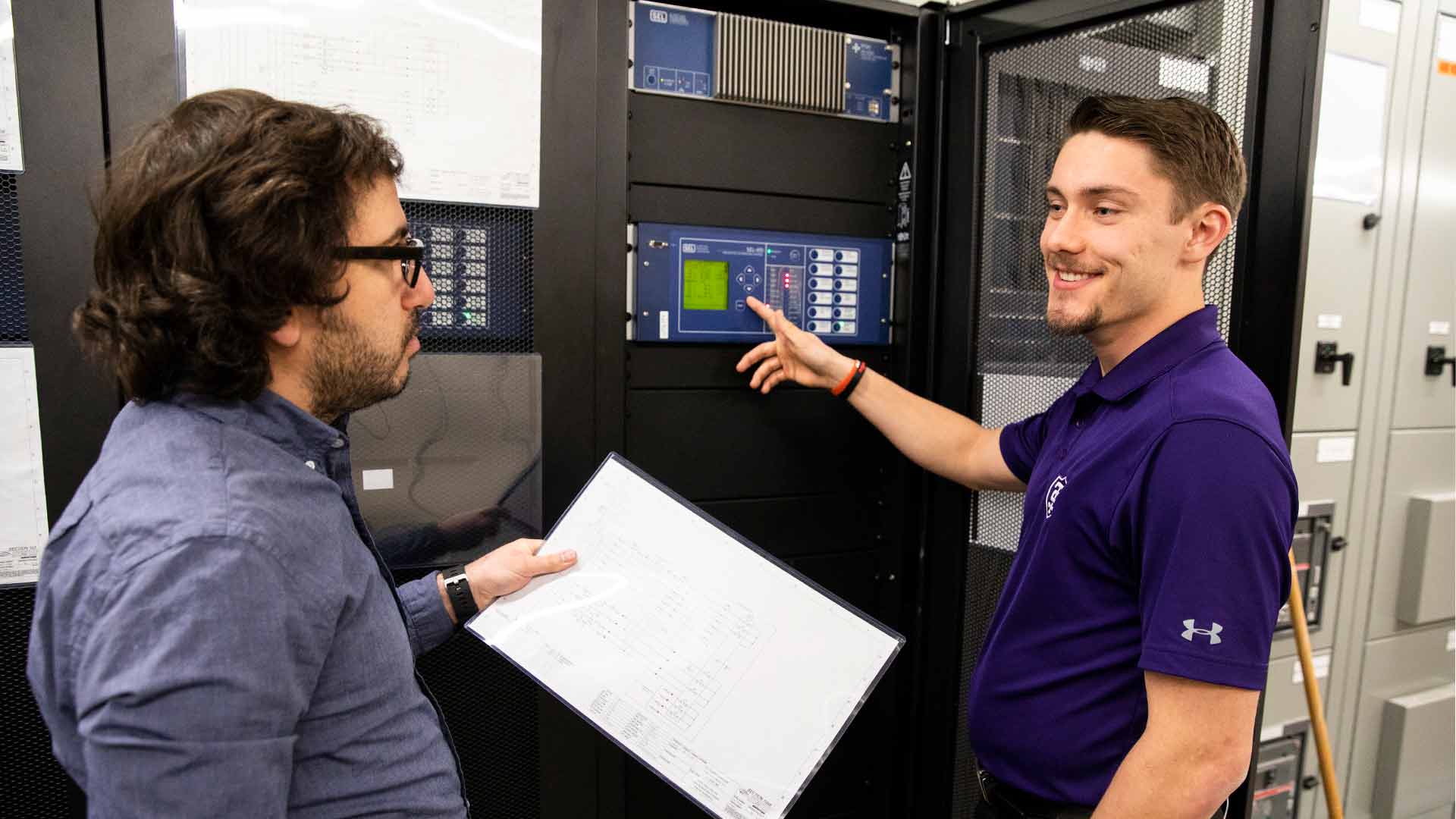Faculty Research - Categories of Discovery
From important discoveries to dynamic solutions, we combine science and technology to drive development of our core research areas.
The challenges to society posed by climate change, environmental degradation, and the loss of biodiversity will be exacerbated by population growth and the drive to increase the quality of life for developing nations and exposed communities. Several faculty members work on technologies towards achieving sustainable designs.
Faculty Researchers: Besser, Capa Salinas, Kabalan, Lederle, Mowry, Welt, and Wentz
Developing countries and challenged communities continue to need access to reliable, clean, and resilient electricity generation and management. Faculty work on renewable energy, modular microgrids, and power system protection and control with an eye toward humanitarian outreach.
Faculty Researchers: Kabalan and Mowry
An aging population and new technologies have allowed for several breakthroughs in medical devices, many of which have been brought about by companies in the medical device hub of the Minneapolis/Saint Paul metropolitan area. Faculty research includes small electrical device development, biological/electrical interfaces, and sensor design among many efforts in this field.
Faculty Researchers: Abraham, Forliti, Koerner, Orser, and Secord
From materials used in large structures such as steels and concretes to the micro- and even nano-scale composites, our faculty are engaged in many aspects of polymeric, metallic, and ceramic systems. Our research includes both experimental and computational systems with applications from 3D printing to photonics to building materials.
Faculty Researchers: Acton, Capa Salinas, Haas, Lederle, Nelson-Cheeseman, Welt, and You
Robotic systems are advancing from simple stationary devices to platforms that can gather information, compute, and make decisions with increased mobility. Our researchers work toward developing autonomously navigating robots using various sensor and computational technologies that are at the interface of mechanical, computer, and electrical engineering.
Faculty Researchers: Hennessey, Min, Salamy, Secord, and Xu
Our researchers focus on democratizing IoT, signal processing, and embedded systems with low-cost solutions for developing countries and marginalized communities. These efforts improve those communities by providing better access, data collection, and decision making in an age where connectivity and data management becomes more and more important for the global community.
Faculty Researchers: Min, Nepal, and Salamy
The transport of matter and energy is important in designing systems as disparate as heat exchangers, rocket nozzles, ship hull surfaces, and medical devices. Our researchers use experimental and computational techniques to better understand heat and fluid flow through complex geometries.
Faculty Researchers: Abraham, Forliti, and Shepard
By developing novel pedagogical techniques, our faculty prepare the next generation of engineers by fostering their growth in a collaborative, open, and welcoming community. Several of our faculty advance this development by analyzing student motivation, competence, connectedness, and autonomy. Also we develop programs for P-12 educators, and outreach to deaf students through Saint Paul’s Metro Deaf School.
Faculty Researchers: Besser and Shepard
As infrastructure continues to be a concern domestically and globally, developing sustainable and resilient systems becomes incredibly important. Our faculty are involved in several areas of research on structures and infrastructure, including improving our understanding of concrete behavior, developing hybrid steel-timber structural systems that engage conventional construction with innovative materials, and optimizing performance of welded connections.
Faculty Researchers: Acton, Capa Salinas, Lederle, and Welt
Faculty Researchers: Capa Salinas, Koerner, Orser, Secord
